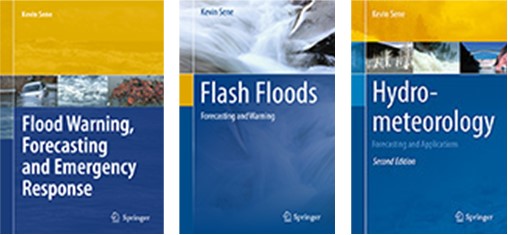NEW. From the Northern Lights to whirling coastal birds and leaping salmon to carpets of bluebells, the UK has some amazing natural phenomena. Each has its own band of enthusiasts, drawn by the magic of seeing something truly special and out of the ordinary.
If you are not an expert, though, what are your chances of a sighting? This guide, Spectacular Britain: a spotter’s guide to the UK’s most amazing natural phenomena, aims to help, providing tips on when and where to go and other practical information.
To help improve your chances of a sighting, scientific insights appear throughout. These describe the astronomical, meteorological, ecological and other causes of events. Expert insights appear too, such as from the glider pilots who ride mountain waves and on the joys of watching tidal bores.
Available from all good bookshops and from …
HIGHLY COMMENDED. Outdoor Book category, Outdoor Writers and Photographers Guild (OWPG) awards 2024
“Lakes and mountains may be the first features people think of when naming Cumbria’s natural phenomena, but author and photographer Kevin Sene can offer many more.” CUMBRIA LIFE
“This fascinating and well-designed book focuses on twenty amazing British natural phenomena … Very Enjoyable.” SCOTTISH FIELD
“With this guide, a little luck and perhaps a pair of binoculars, you too can experience the magic of seeing something truly extraordinary. This is your starting point for some truly phenomenal adventures.” BLOOMSBURY
“There are truly amazing natural spectacles all around us: you just need to know where to look.
◆ Watch out for mysterious clouds shaped like flying saucers
◆ Spot fireballs in the sky on a crisp winter night
◆ Stroll past a carpet of bluebells in the spring
◆ Take a boat ride to a giant whirlpool
◆ Walk through the petrified remains of a prehistoric forest
◆ Be amazed by waterfalls that flow backwards, produce rainbows or freeze solid”
BLOOMSBURY
Quick Summary
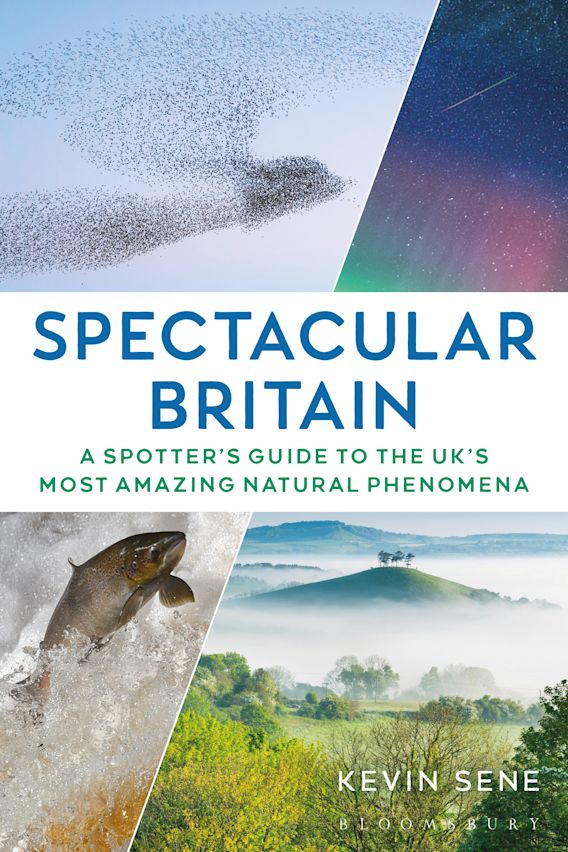
Covering more than twenty natural spectacles around the UK, this very practical spotter’s guide showcases the phenomenal range of sights on offer, to those with the know how.
The guide shows you when and where to go, and how to maximise your chances of a sighting, as well as explaining why these amazing spectacles occur in the first place.
Some only occur at certain times of the year, such as tidal bores and the annual deer rut, while others only happen when conditions are right, including sunken villages that reappear and the UK’s only named wind.
Each spectacle is graded according to how easy it is to spot, including tips on achieving the best sighting.
Maps and listings show viewing locations in the UK and there is a handy calendar suggesting what to see in each month.
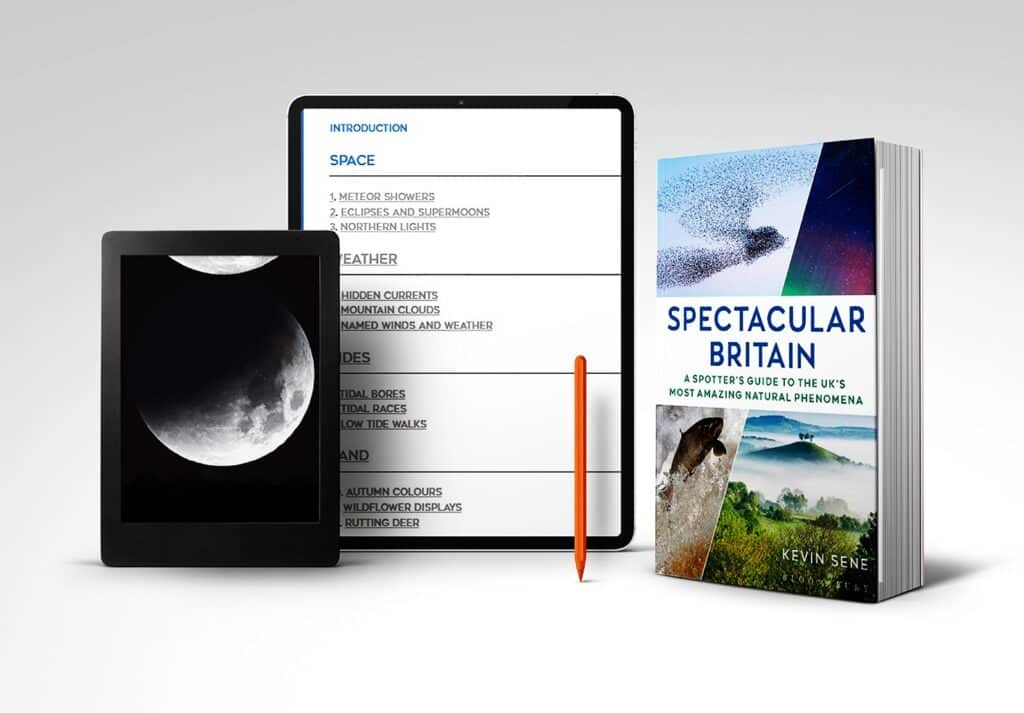
More on Spectacular Britain
General
Following an introductory chapter, Spectacular Britain discusses the following spectacles under the following main headings:
- Space: meteor showers, eclipses and supermoons, Northern Lights
- Weather: hidden currents, mountain clouds, named winds
- Tides: tidal bores, tidal races, low tide walks
- Land: autumn colours, wildflower displays, rutting deer
- Water: salmon runs, sunken villages, waterfall wonders
- Coast: wheeling waterbirds, seabird cities, seal pups
Some sections include related UK natural phenomena you might see, such as night-shining (noctilucent) clouds and prehistoric forests exposed by the tides.
More on UK natural phenomena
The following blog posts give more insights and – in some cases – provide a behind-the-scenes look at what happens while making a sighting:
- The elusive Northern Lights
- The wildflowers are here
- Tidal bores: a UK natural spectacle
- The Quadrantids: first meteor shower of the year
- Surfing the mountain waves (a post about gliding)
The elusive Northern Lights
The wildflowers are here
Tidal bores: a UK natural spectacle
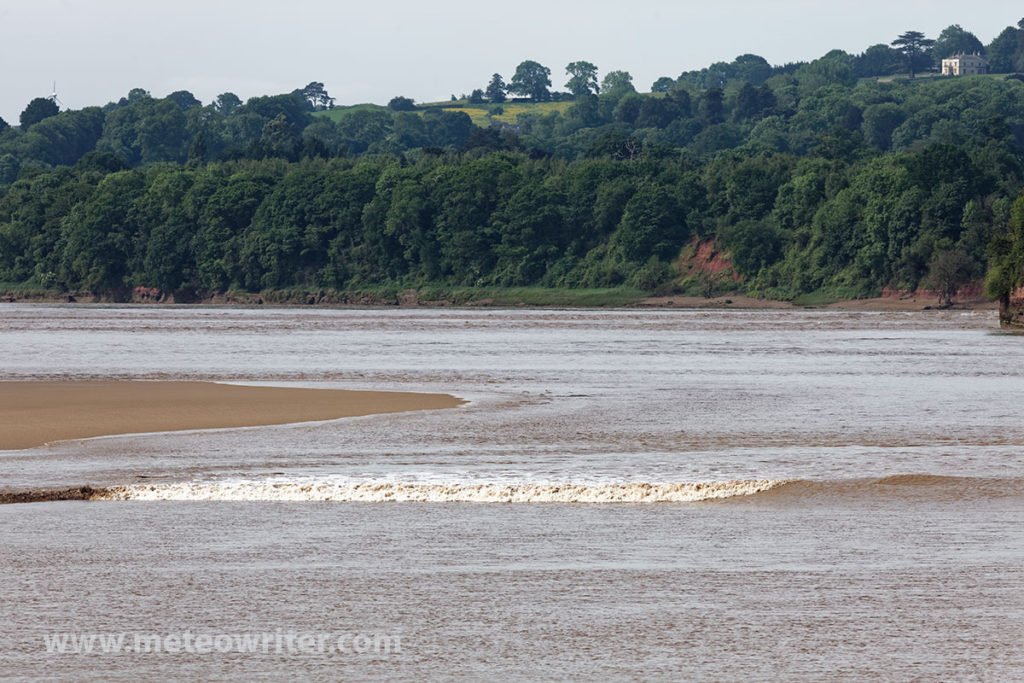
Some of the highest tides in the world occur in the UK, leading to the formation of tidal bores: a line of surf or waves travelling upstream against the river flow. Indeed, of the hundred or so worldwide, about twenty are found in the UK’s estuaries, from Somerset to southwest Scotland and from East Anglia to the Humber Estuary…continue reading.
The Quadrantids: first meteor shower of the year
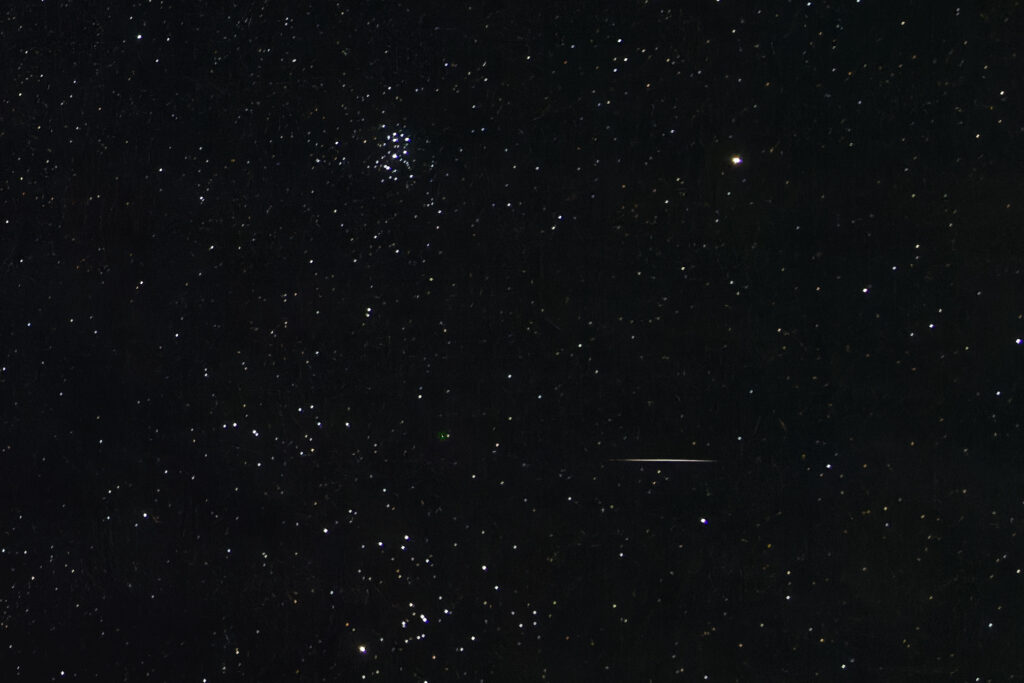
Meteors or shooting stars are sometimes described as nature’s fireworks and are at their most impressive during a meteor shower. These occur when the Earth’s orbit takes it through the debris left behind by a comet or asteroid, causing microscopic particles of rock and dust to burn up in the atmosphere… continue reading
Surfing the mountain waves
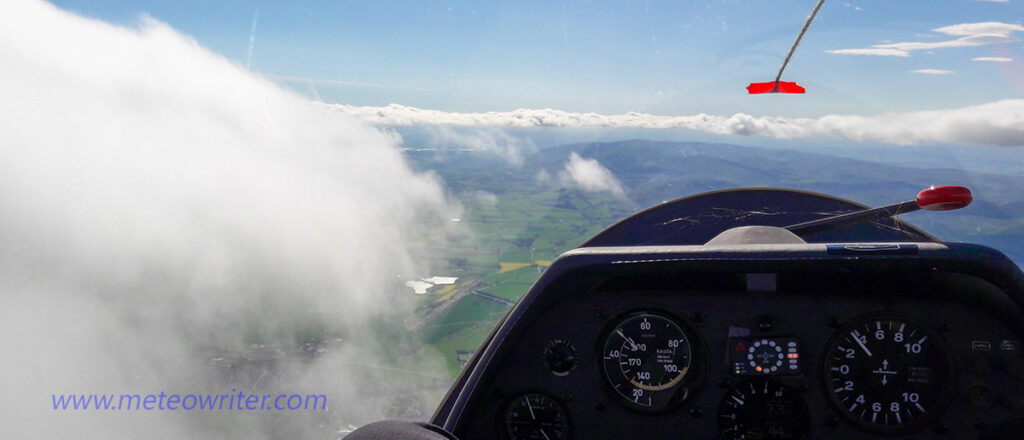
I’ve long had a fascination with waves and moving to a place near the sea has only strengthened that interest. From the gentle ripples of a calm summer’s evening to the huge breakers in a storm, every visit is different and invigorating in its own way… continue reading
